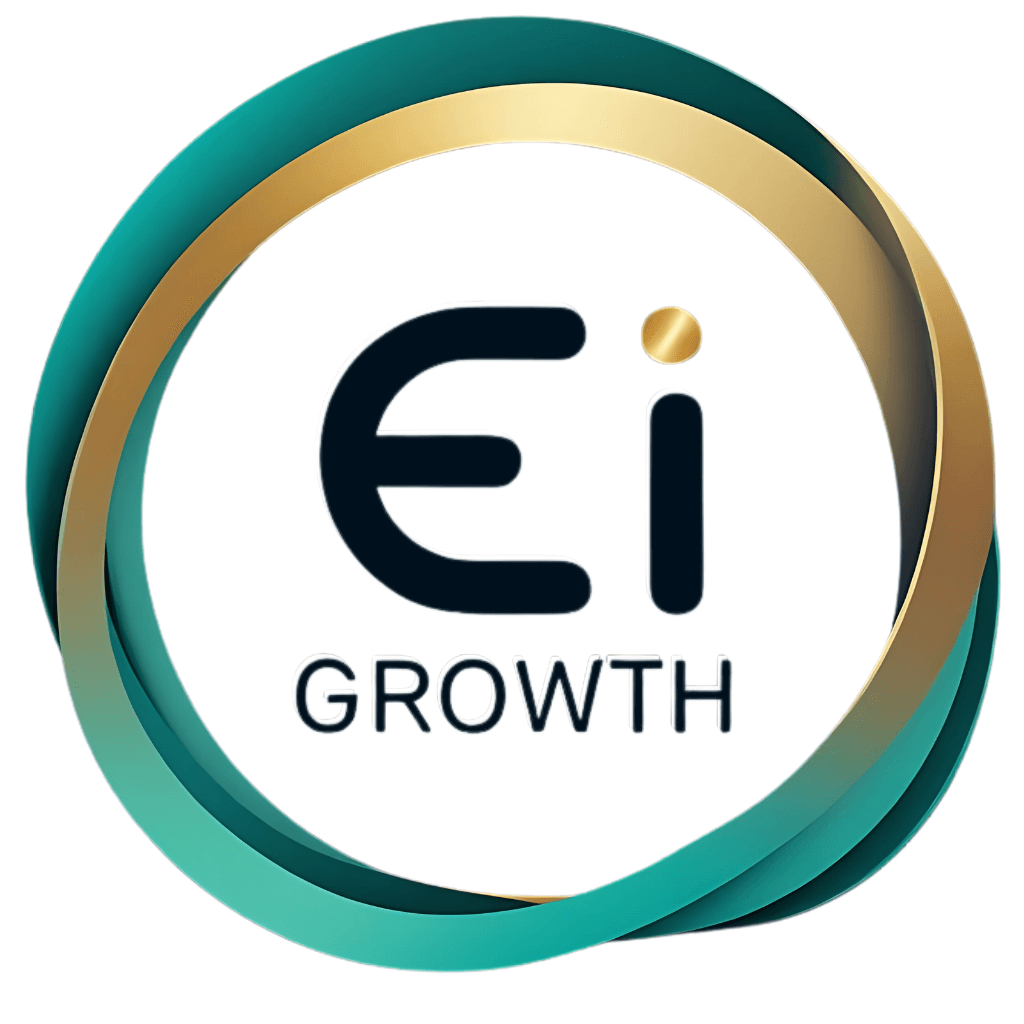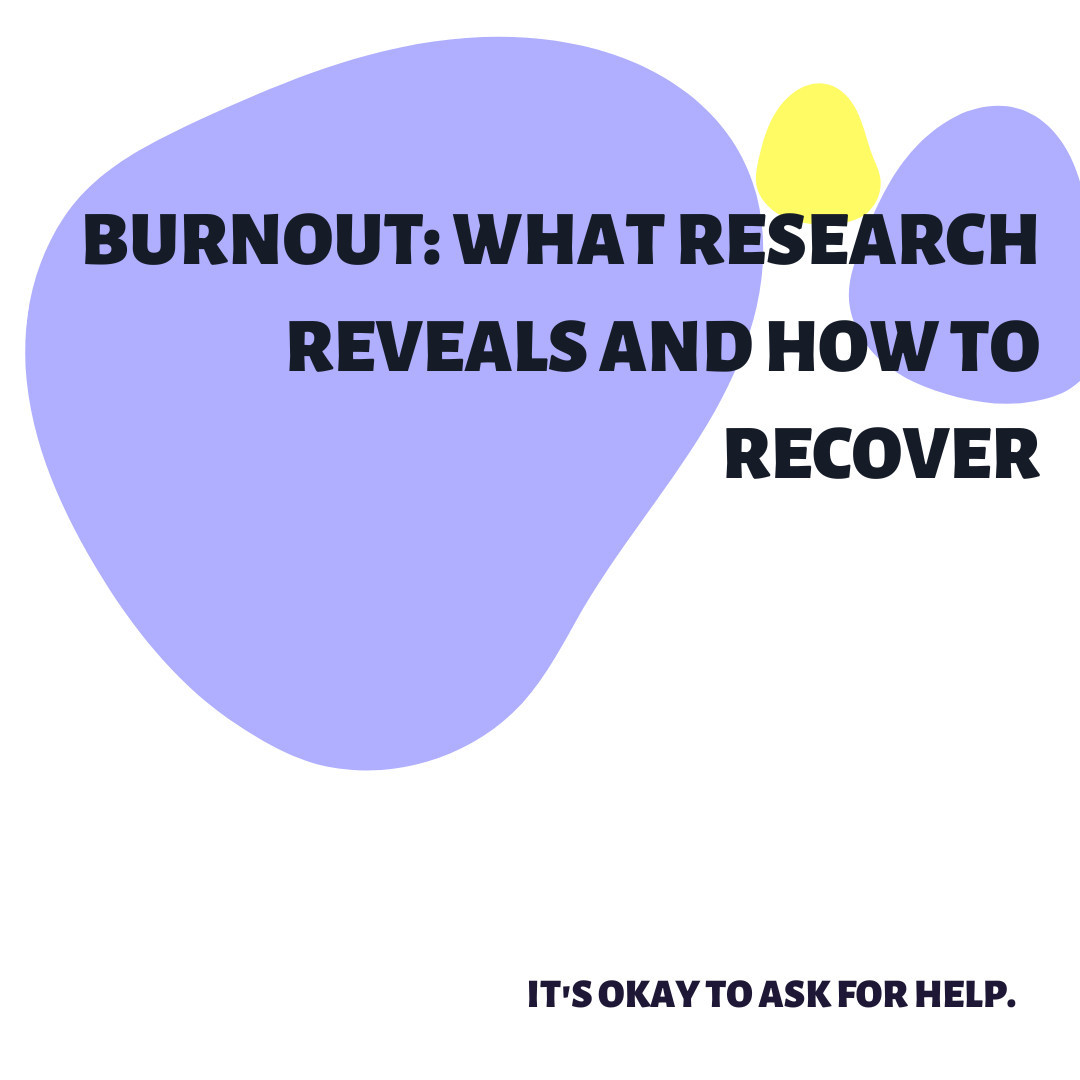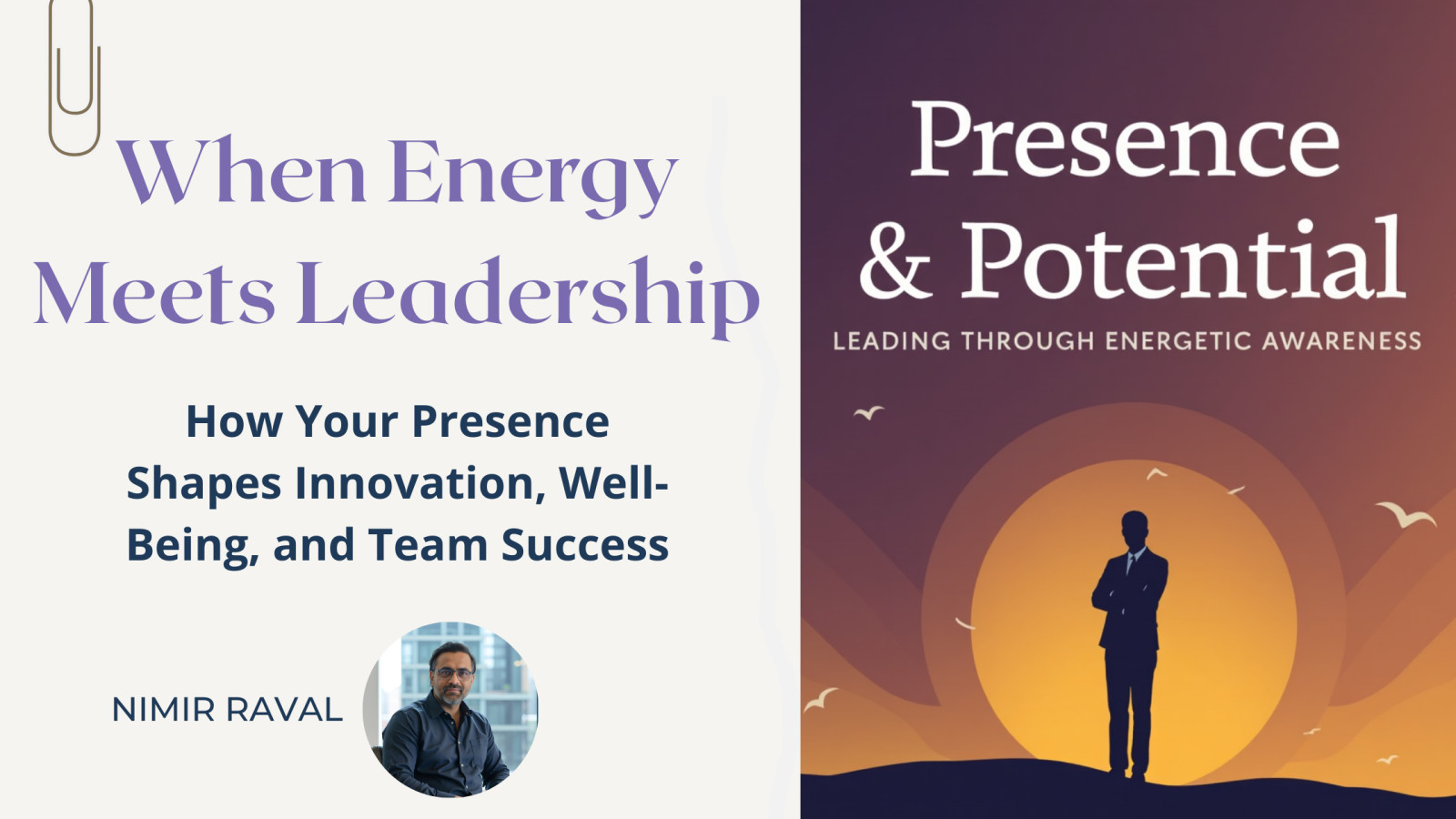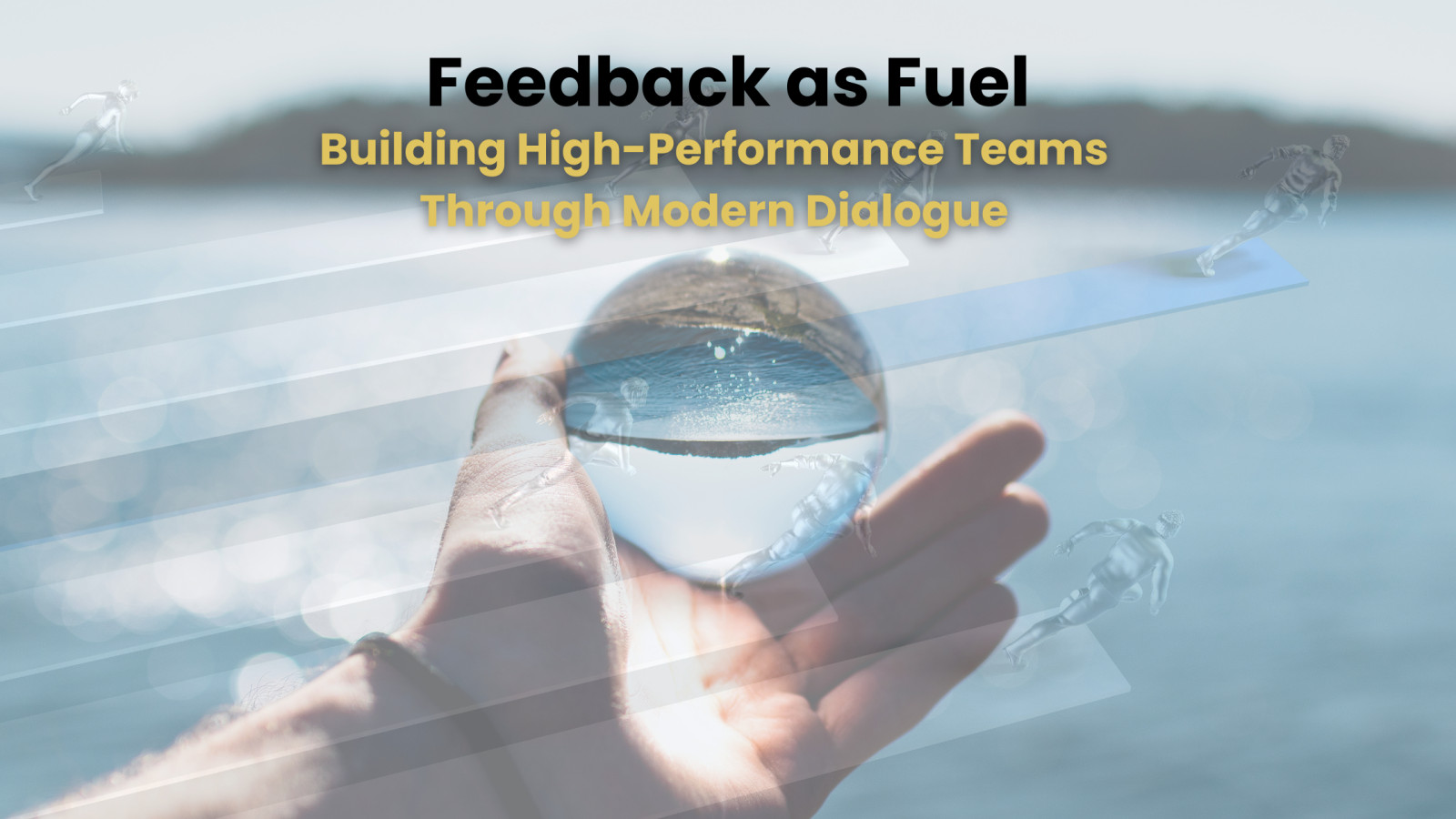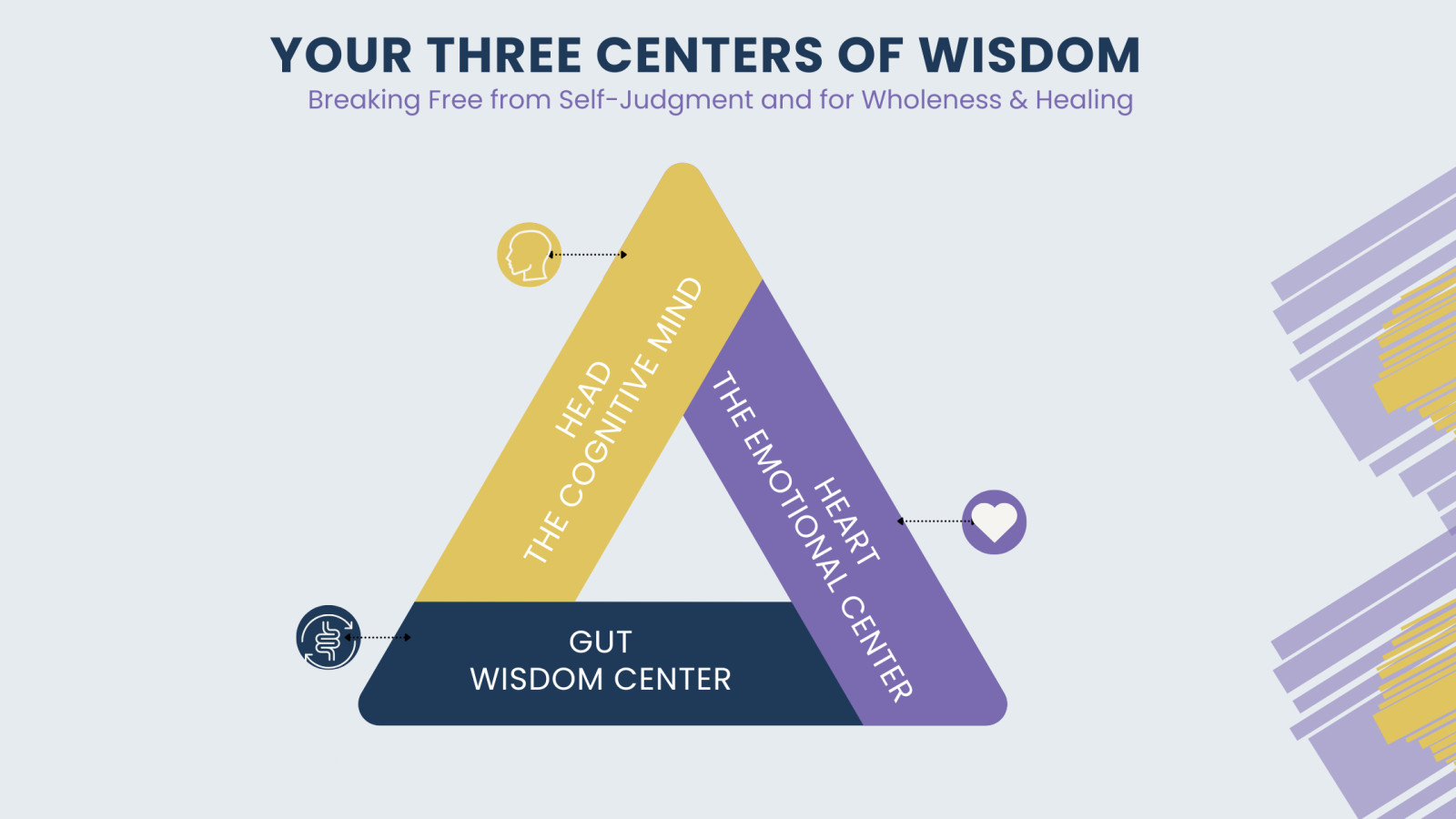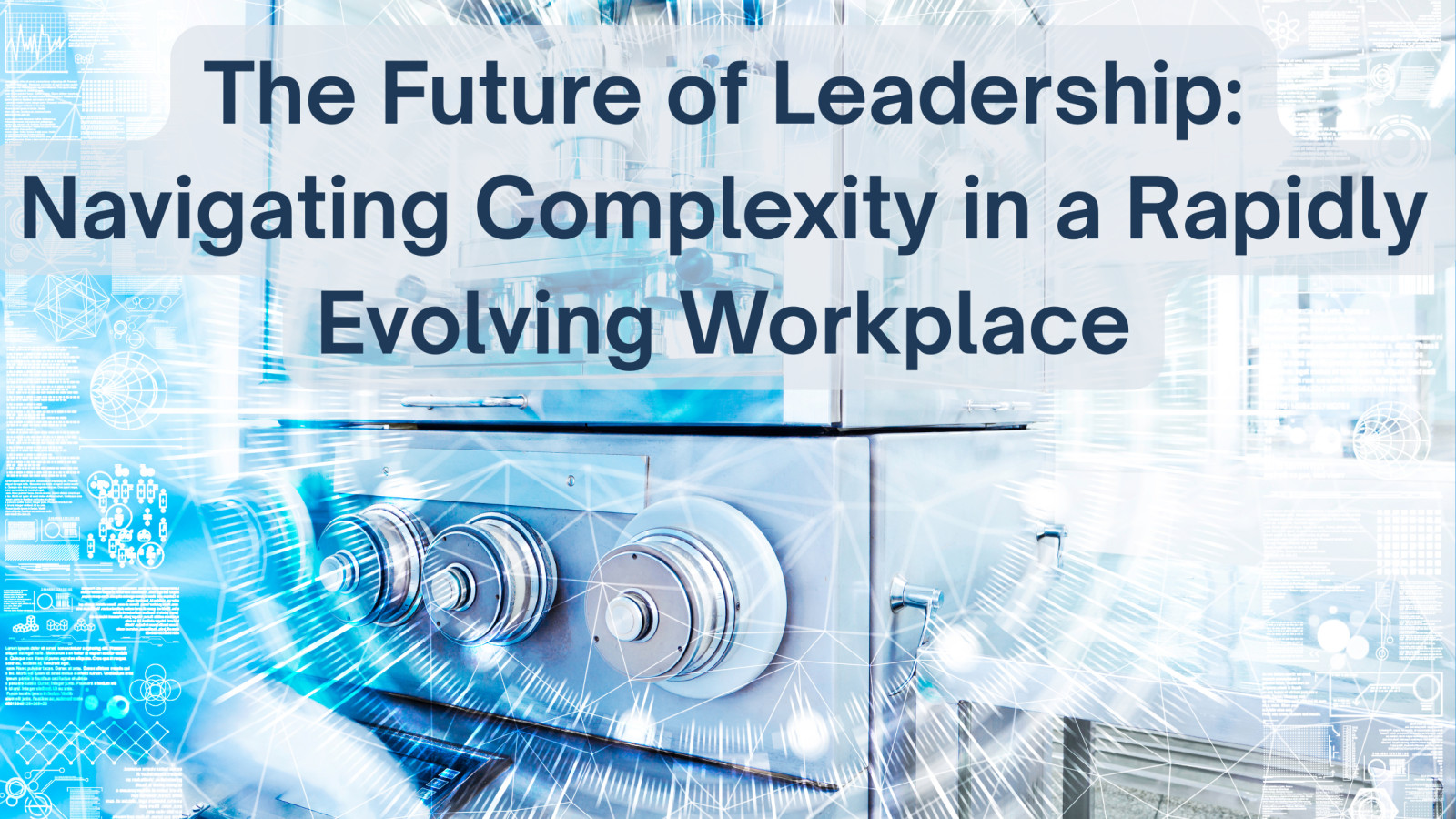From Crossroads to Transformation: My Journey
The bustling streets of India shaped my early years, but it was navigating life's harshest challenges that forged my purpose. Childhood trauma became my teacher rather than my burden. I didn't merely survive those experiences—I transformed them into the very foundation of my work.
For half my life, I stood where many of you might stand now—at the crossroads of expectation and authenticity. Cultural traditions pulled me one way while my true self called from another direction. This wasn't a brief moment of indecision but a profound journey spanning decades. In this liminal space, I developed the rare ability to honor heritage while embracing personal truth—a balance I now help others achieve.
My path led me to Canada, where discrimination and obstacles became stepping stones rather than barriers. Each "no" strengthened my resolve, teaching me resilience that now benefits every client I serve. Through fatherhood's joy, devastating loss, and periods of darkness, I discovered that our greatest challenges often precede our most meaningful transformations.
The moment I fully embraced my authentic self wasn't just personal liberation—it became the blueprint for the work I do today. This decision, born from years of reflection and self-acceptance, now guides organizations and leaders toward their own breakthroughs.
Today, I don't just coach—I walk alongside you, translating lived experience into practical strategies that honor your unique journey. My approach integrates emotional intelligence with strategic thinking, creating pathways to authentic leadership that resonates across cultures and contexts.
Your transformation begins with a single courageous step. Whether you're navigating organizational challenges, personal crossroads, or the delicate balance between tradition and innovation, that first step is yours to take.
This journey isn't about perfection. It's about authentic alignment between who you are and how you lead. And sometimes, your willingness to embrace this path becomes the permission others need to begin their own.
Are you ready to transform challenge into opportunity, tension into growth, and authenticity into your greatest professional asset?
